It’s a safe bet that most fans of the entity known as Fleetwood Mac consider that band to be a quintet consisting of Mick Fleetwood, John McVie, Stevie Nicks, Christine McVie and—until his 2018 departure—Lindsey Buckingham.
But a deep dive into the lineage of the mega-star band reveals a tangled history that stretches back to 1967 when Fleetwood, McVie and guitarist Peter Green, all of them members of John Mayall’s Bluesbreakers, recorded a handful of songs together (one of them an instrumental titled “Fleetwood Mac,” named after the rhythm section).
A short while later, Green and Fleetwood broke away to start their own band, joined by second guitarist Jeremy Spencer and bassist Bob Brunning. The latter was replaced a few weeks later by McVie and the new group took on the wordy name Peter Green’s Fleetwood Mac featuring Jeremy Spencer.
By the time they recorded their debut album, the band’s name had been shortened to the more manageable Fleetwood Mac, which also became the title of that debut, released in early 1968. It was strictly a blues-rock affair and the new group was able to build a small but devoted following from the start due to the members’ reputations as solid players with Mayall. The album only made it to #198 in America but steadily, Fleetwood Mac gained a foothold both in their native U.K. and elsewhere.
Following their second album, Mr. Wonderful (which featured an appearance by keyboardist Christine Perfect, who would later marry the bassist), Fleetwood Mac added another guitarist, Danny Kirwan, and their status rose when they signed with Reprise Records in 1969, releasing the album Then Play On. Radio airplay for tunes such as “Black Magic Woman” (later covered by Santana), “Oh Well,” “The Green Manalishi” and “Albatross” helped establish the name Fleetwood Mac and their popularity grew incrementally as they toured heavily.
Related: Danny Kirwan died in 2018
But by 1970, there were already cracks, and they all pointed to Peter Green. The co-founder, it seems, became rather fond of LSD, gobbling it down like M&Ms. Before long he’d grown a beard, began wearing flowing robes and spent time in a hippie commune. He suggested to Mick Fleetwood that the band give its money away (Fleetwood politely declined).
On April 11, 1970, Green told the band he was leaving, and no one complained all that much. He played his final gig with Fleetwood Mac on May 20.
It took years—he was diagnosed with schizophrenia and underwent shock therapy—but Green eventually emerged and found his musical footing. As of 2018 he was still performing. As for Fleetwood Mac, they too went through a few changes, but by 1975 they found a whole new way of making music. It’s worked out well for them.
Watch Fleetwood Mac perform “Black Magic Woman” in 1970
On Feb. 25, 2020, Green was celebrated in London with an all-star event billed as “Mick Fleetwood and Friends Celebrate the Music of Peter Green and the Early Years of Fleetwood Mac.” The performance featured such acolytes as Christine McVie, David Gilmour, Pete Townshend, Billy Gibbons, former Rolling Stones bassist Bill Wyman, Steven Tyler, and others. Original Fleetwood Mac member Jeremy Spencer made a surprise appearance.
Green was not present. Five months later, on July 25, he died at age 73. His recordings are available in the U.S. here and in the U.K. here.
- Mick Abrahams, 1st Jethro Tull Guitarist and Blodwyn Pig Founder, Dies - 12/20/2025
- Rainbow Gets ‘Temple of the King: 1975-1976’ 9-CD Box Set - 12/19/2025
- 1970: The Year in Rock Music - 12/18/2025

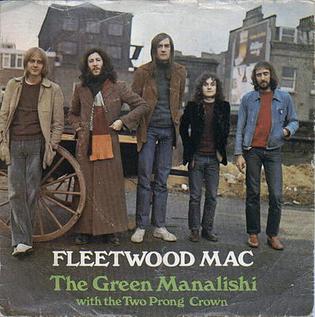
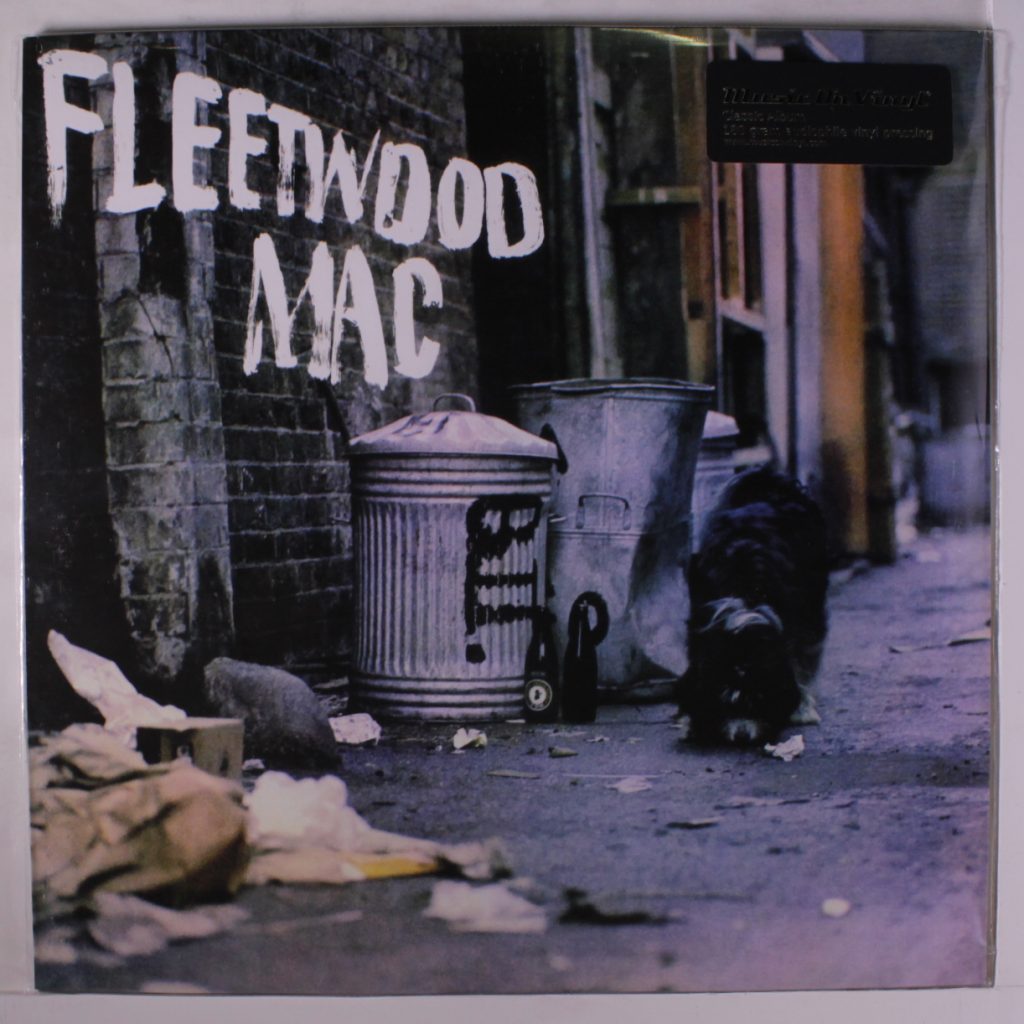
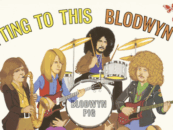

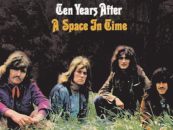
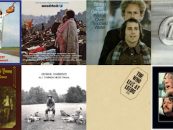

4 Comments so far
Jump into a conversationI saw this lineup at the Fillmore East back in 1968. They were the opening act to the Jeff Beck Band. They were a great blues band but once they went commercial with Nicks that’s when I stopped seeing them. I like Lindsey very much but not Nicks. Christie McVie is a better singer on Kiln House and Bare Trees. Two great albums.
EZ- i`m with you on your preference of the Mac. the early version and esp. the early, mid 70s version of the band worked for me. you mentioned two great LPS. i would include Future Games as well
Agree with Jeff and Ezyrider – The late 60s to mid -70s Mac was, and remains my favorite era of their output.
I need to solely express my opinion here, and not to stir contention – That stated:
I loved “Mystery To Me” upon it’s release in 1973, and is still one of my all-time favorite LPs (of any artist/band) to this day, and does not sound dated.
Rock, Blues, Jazz (courtesy of Bob Welch), smooth Jams, and more, all segueing and transitioning throughout the entire album.
“Hypnotized”, “Emerald Eyes”, “Believe Me”, “Just Crazy Love”, “Forever”, “For Your Love”, to name a few – not really a mediocre tune in the bunch.
Not as pop-oriented as mega-sellers “Fleetwood Mac” and “Rumours”, and forward, but musically and melodically, one of their very best, and deserving to be in Fleetwood Mac’s top five LPs, IMO.
We probably wouldn’t have those two (“Fleetwood Mac”and “Rumours”), and subsequent albums, if it hadn’t been for “Mystery To Me” and the contributions and formative aspects of Bob Welch.
As always, thanks for an informative article.
Support Live Local Music.
Deep Purple recently made a video of “Oh Well” with a hat tip to Peter Green in the video.